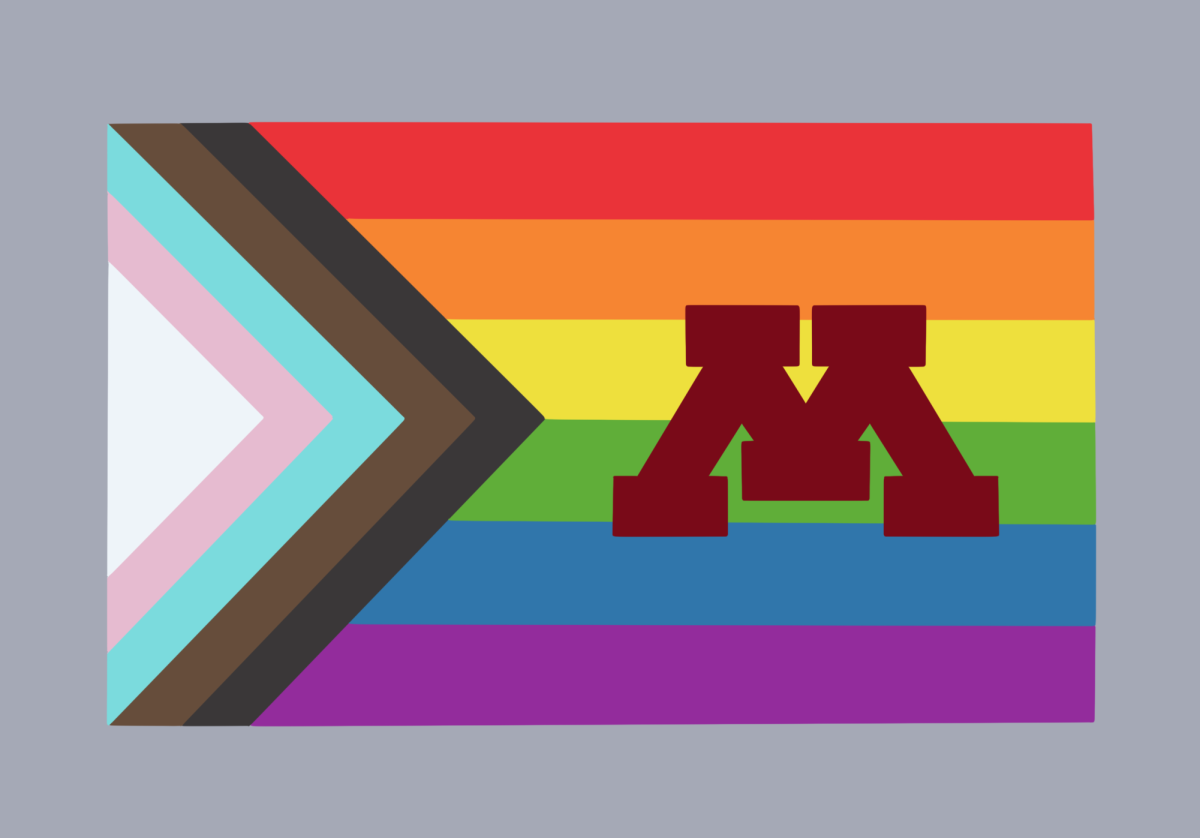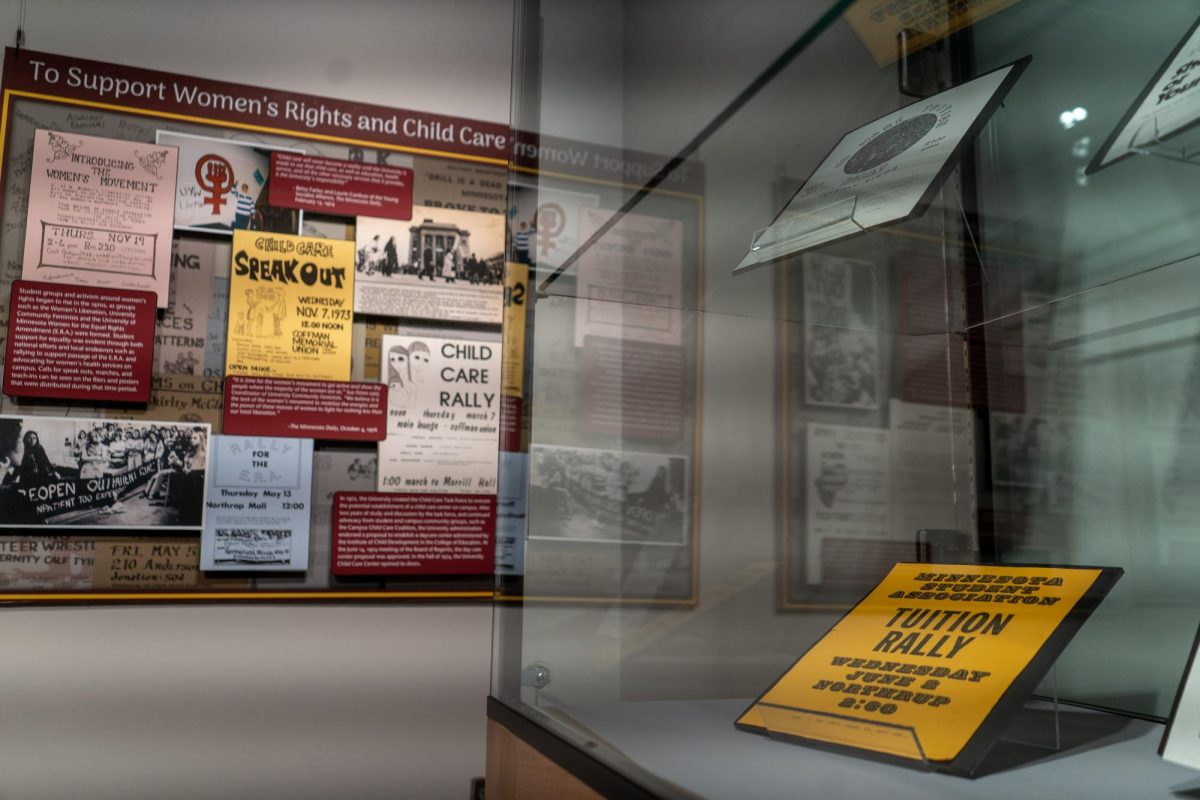Law students who use generative artificial intelligence (AI) like ChatGPT to help them complete classwork are more likely to finish their assignments sooner, according to a study conducted by the University of Minnesota Law School.
The study, which was published in the Social Science Research Network on Nov. 9, also said law students who are less familiar with the source material are more likely to see a higher grade when using AI to assist them in completing their classwork.
While the speed of completed work increased, the quality remained the same, according to the results of the survey.
Daniel Schwarcz, a law professor and one of the primary researchers involved with the study , said the use of generative AI will likely become one of the primary tools in the toolkit for law.
“It’s probably gonna vary across tasks and across legal settings, but I think we can very confidently say it will be a big disruptor of legal services,” Schwarcz said.
Schwarcz is an active professor at the University and said the results of the survey were mostly consistent with what he saw in his own law classrooms.
As part of his lesson plan to control when AI is used for assignments, Schwarcz proctors all of his exams and papers. He recommends other professors do the same if they choose to disallow AI use in the classroom for they can actually enforce it.
Schwarcz added there is no right or wrong answer when it comes to allowing the use of generative AI in the classroom. According to Schwarcz, AI should be either fully banned or fully usable in classrooms.
If teachers just assume students are not using ChatGPT without actually enacting strict policies, then there is a higher potential for students to use it to cheat, Schwarcz said.
“There are just a lot of professors living in la-la land about the incentives that real people face,” Schwarcz said.
Schwarcz added it is necessary for students to have a good understanding of the topic so they can use AI as a supplement to their own knowledge as opposed to a tool for completing a task based solely on the knowledge of the generative AI.
Julie Schumacher, a regents professor of creative writing at the University, said she does not allow AI use in the classroom due to the writing-based nature of her courses.
Schumacher said in a creative writing course, students should only be using their imaginations and should not need help from a generative AI program.
Even though AI can help students complete work faster, Schumacher discourages them from using it for speed. She said slowing students down forces them to think more about the material and what they are writing.
To help students slow down on their work, Schumacher prefers to do things “old-school” and encourages students to handwrite their assignments to cut down on AI use. She encouraged this practice even before AI became more widely used.
“Most people in college didn’t have typewriters when I went to college, let alone computers,” Schumacher said. “We turned in our papers by hand. That was what was available to us.”
Kia Bazargan, a professor of electrical computer engineering at the University, saw similar results to the law school survey in his own class and used them to his advantage.
Bazargan had his students intentionally use ChatGPT to help them with a coding assignment and started receiving submissions back within a couple of days. Normally, the same assignment without the help of generative AI would have taken two to three weeks, Bazargan said.
ChatGPT will still continue to be utilized as part of his lesson plan, Bazargan said. Instead of using ChatGPT to help, he wants to show them more of the AI’s limitations and why it is important to know the material yourself beforehand, just like the results of Schwarcz’s study suggest.
“If you yourself don’t understand a problem or the solution to it, you can’t check to see if ChatGPT gave you trash or a really genius solution,” Bazargan said.
Even though computer science and law are different fields, Bazargan said having a clear policy on AI’s use in the classroom would help professors use it more to their own advantage by knowing exactly how it is being used.
Bazargan urged professors to enact more consistent policies on generative AI’s use in the classroom, regardless of whether the use of AI is allowed or not, like Schwarcz suggested.
“If we don’t ask the hard questions now, I think we’ll just be fooling ourselves as faculty,” Bazargan said. “The time is now. In fact, the time was yesterday.”














